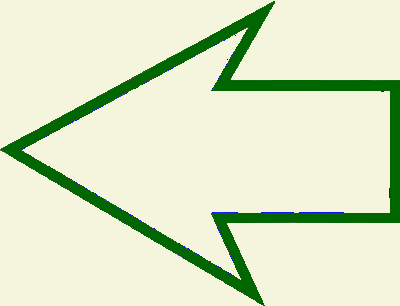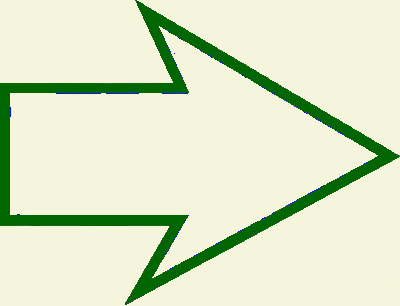 Index
Index 
Epistemology
Distinctions: ISTMRN that science, knowing, consciousness, language, attention and so much else rely on, manipulate, recognize, explore, argue about (both content and boundaries), and so much else, distinctions. Science in particular is very prolific in making distinctions between and among things. Language distinguishes scientific and other things, like thoughts and ideas, objects and images. By agreeing somewhat about boundaries (always fuzzy) and content (also always fuzzy, perhaps because the boundaries are fuzzy) we can communicate with some semblance of belief that we are exchanging something external to us, something real about the universe, about "reality" including the universe of thought. Our thoughts are meaningful, perhaps true, perhaps of common interest, or perhaps just agreed upon fantasy, wherein perhaps lies some of the fuzziness. We communicate with distinctions. We know more when we distinguish more. Oh yes, the new age eastern thoughts in us all recognize the oneness of everything, we're all quarks and gluons, electrons and photons, higgs bosons (perhaps) and gravitons (fundemental? distinctions), which acting together make "almost" stuff and energy like protons, neutrons, gravity, and chemical electromagnetic attraction. To make further distinctions, they act together to make us and everything else. So we, humans, selves, and all our words and ideas behind them are distinctions we recognize, shall I say create (to fuzzy a boundary), out of the oneness of the untold random motions which the Greeks named, distinguished as Chaos. Maybe. In any case we use distinctions to think about some particular facet of that universe, to manipulate some related parts thereof, to talk about, to change, to improve, to destroy, to love, to hate that distinguished thing. Science, it seems, is institutionalized procedures for making distinctions where none existed before, e.g. protons, neutrons, human haplogroups, granite, syenite, eukaryotic bacteria, income cohorts, numbers (well, they came long before "science", or did they? Damn, always fuzziness, always fuzziness). Then the second half of science, developing rational, mathematical if possible, relationships among the distinguished things of nature. From most perspectives, including those at the very heart of the scientist, distinctions are good. They allow knowledge and attendant potential for human action based upon the things we distinguish. |